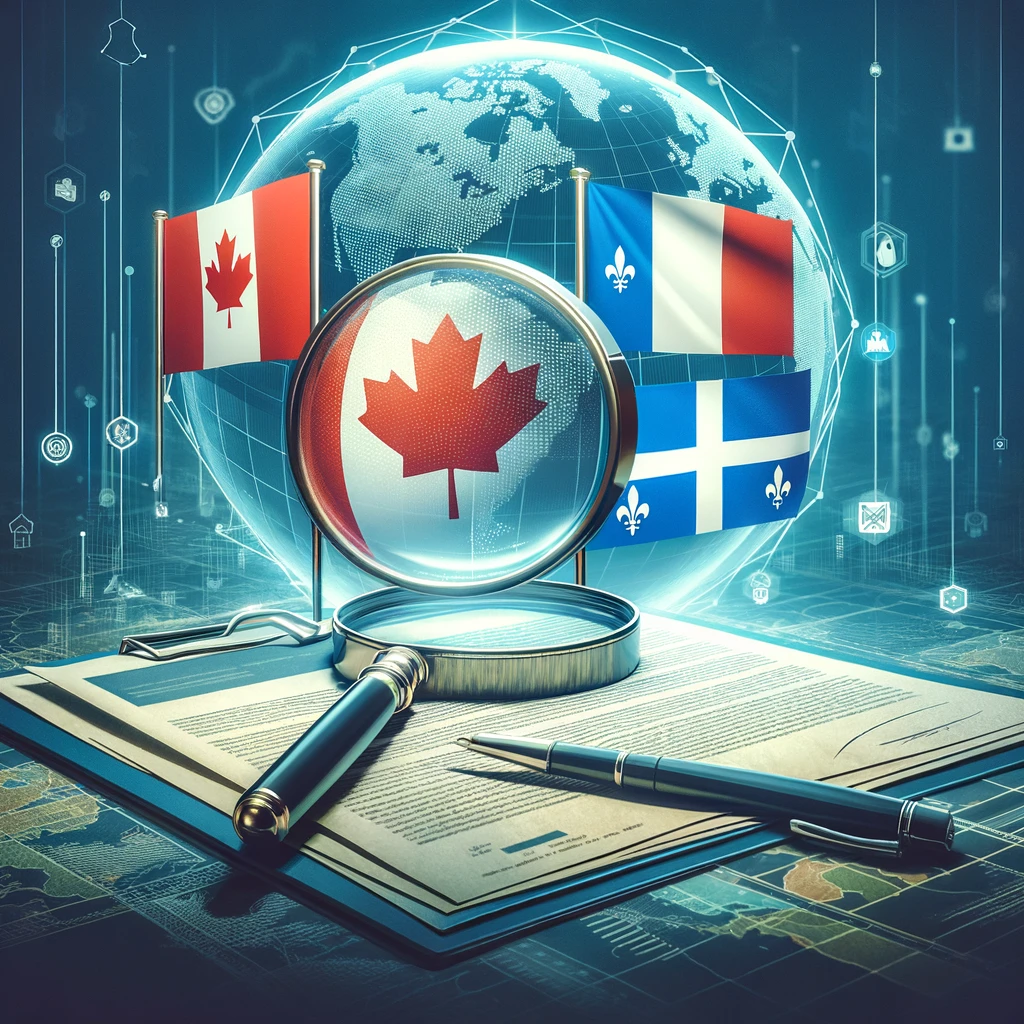Quebec's New Authentication Role and Expert Guidance
With Canada's recent accession to the Hague Apostille Convention, significant changes have been introduced in the process of document authentication. This development has especially impacted the province of Quebec, where the Ministry of Justice is now designated as the competent authority for document authentication for use in non-Hague countries, a role previously held by Global Affairs Canada. As this transition unfolds, the expertise of Global Document Solutions, a pioneer in authentication services with over 30 years of experience, becomes increasingly valuable.
Quebec's New Role in Document Authentication
Under the Hague Apostille Convention, member countries have simplified the legalization process of documents intended for use abroad. However, for non-member countries, traditional authentication procedures still apply. In Quebec, the Ministry of Justice has taken over the responsibility from Global Affairs Canada for such authentications. This change mandates that documents originating from Quebec and intended for use in non-Hague countries undergo authentication by the Quebec Ministry of Justice.
The Authentication and Legalization Process
Once authenticated by the Quebec Ministry of Justice, documents will require further legalization at the consulate of the destination country. This two-step process ensures that the document is recognized as valid in the foreign jurisdiction. Commonly authenticated documents include:
- Birth, marriage, and death certificates
- Educational documents like diplomas and transcripts
- Legal and corporate documents such as power of attorney, agreements, and corporate letters
- Adoption papers
Global Document Solutions: Your Trusted Partner
As the first authentication service provider in Canada, Global Document Solutions offers unparalleled expertise in navigating these complex procedures. Our deep understanding of both the Apostille process and traditional authentication methods positions us uniquely to assist clients effectively.
Frequently Asked Questions
- What is the difference between the Hague Apostille and traditional authentication?
- The Hague Apostille is a streamlined process used among member countries, whereas traditional authentication is required for countries not part of the convention.
- How long does the authentication process take?
- Processing times can vary depending on the document type and the specific requirements of the destination country.
- Do I need to get my document translated?
- If the destination country requires the document in a language other than French or English, translation by a certified translator may be necessary.
- Can Global Document Solutions handle the entire process?
- Yes, we can manage the entire process from authentication to legalization, including dealing with consular requirements.
Conclusion Trust The Experts @ Global Document Solutions
The integration of the Hague Apostille Convention into Canadian practice represents a significant shift, particularly for Quebec. Understanding these changes and navigating the complex landscape of international document legalization demands expertise and experience. Global Document Solutions, with its extensive background and commitment to excellence, stands ready to assist clients through this evolving process, ensuring that their documents are recognized and accepted wherever they are needed.


